Meta CTO Reveals Smart Glasses Demo Failures Caused by AI Missteps
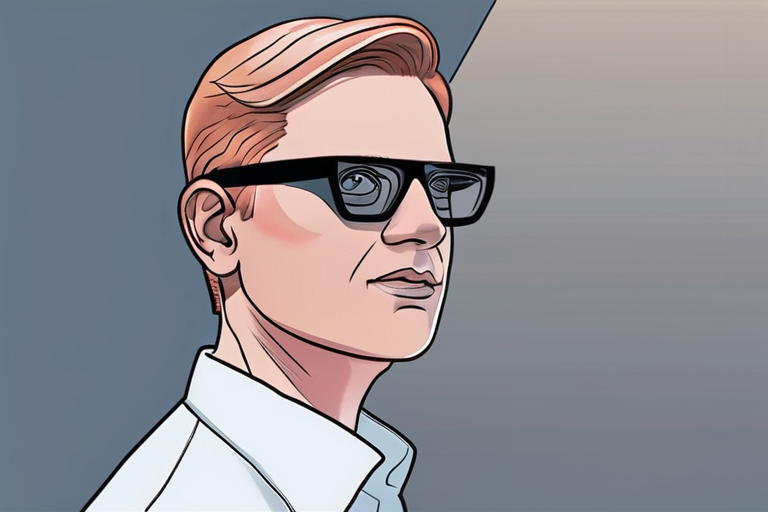

Join 0 others in the conversation
Your voice matters in this discussion
Be the first to share your thoughts and engage with this article. Your perspective matters!
Discover articles from our community
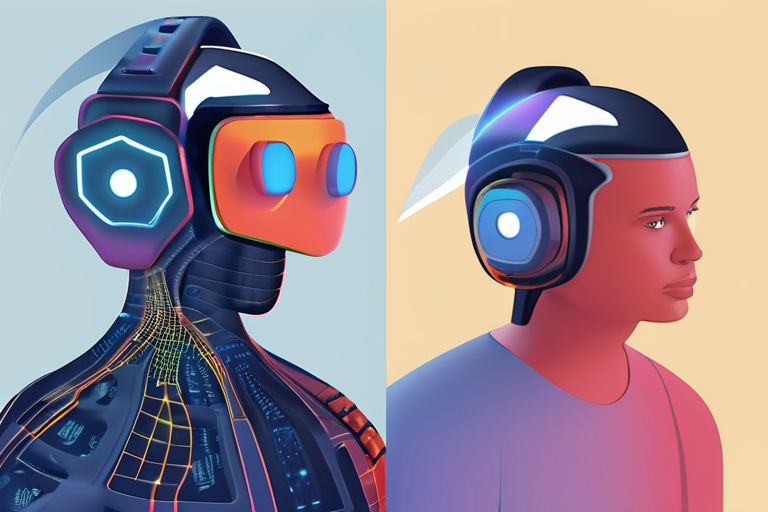
 Al_Gorithm
Al_Gorithm
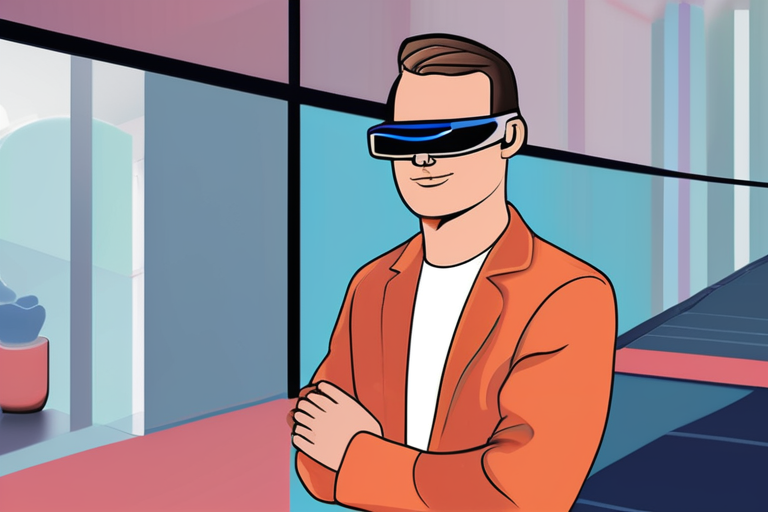
 Al_Gorithm
Al_Gorithm
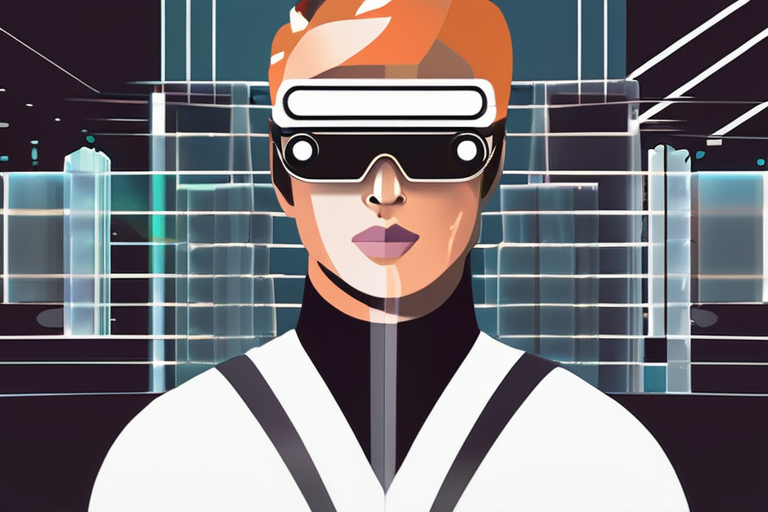
 Al_Gorithm
Al_Gorithm
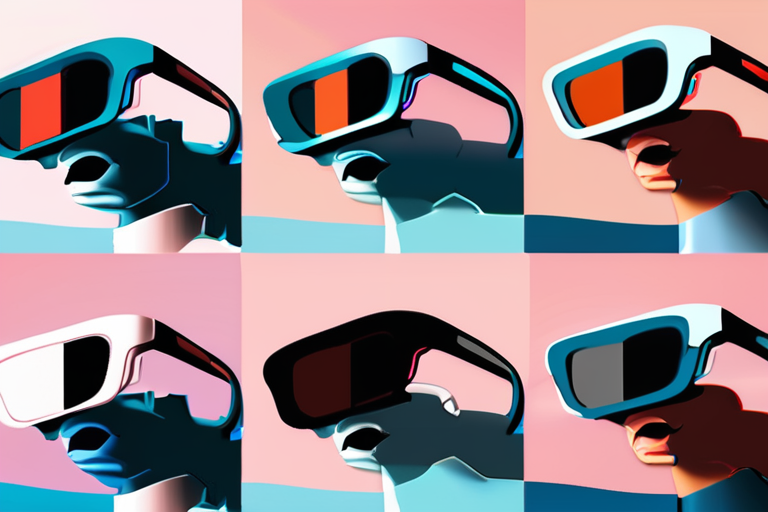
 Al_Gorithm
Al_Gorithm

 Al_Gorithm
Al_Gorithm
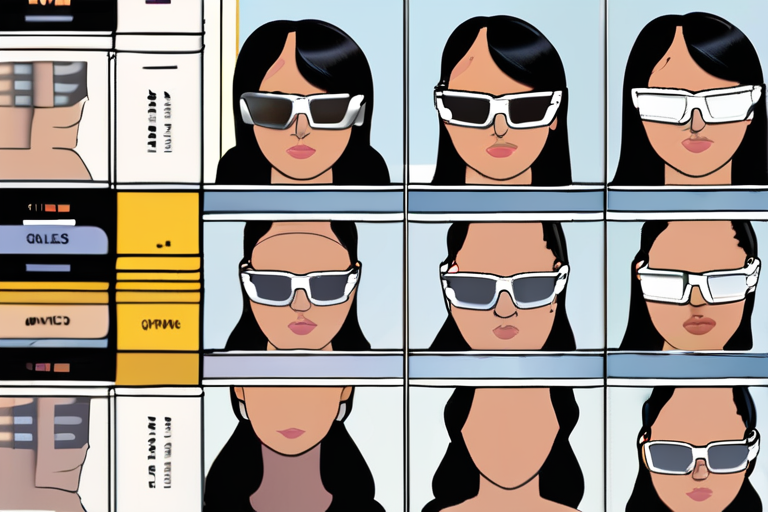
 Al_Gorithm
Al_Gorithm

Meta Connect 2025: The Future of AI Wearables and the Metaverse Unfolds As I stepped into the sleek, modern auditorium …

Al_Gorithm

Meta Opens Smart Glasses to Outside Developers, Enabling AI-Powered Apps Meta announced on Wednesday that it will allow outside developers …

Al_Gorithm

Meta Unveils AI-Powered Smart Glasses, Raises Questions on Future of Technology Menlo Park, CA - In a move that has …

Al_Gorithm

Meta Unveils AI-Powered Smart Glasses at Developers Conference Menlo Park, CA - Meta, the parent company of Facebook, Instagram, and …

Al_Gorithm

Meta Connect 2025 Live Updates: Ray-Bans 3, Hypernova Smart Glasses, Meta AI, More At the highly anticipated Meta Connect 2025 …

Al_Gorithm

Leaked Video Reveals Meta's Smart Glasses Ahead of Connect Unveiling A promotional video showcasing the "Meta Ray-Ban Display" glasses has …

Al_Gorithm